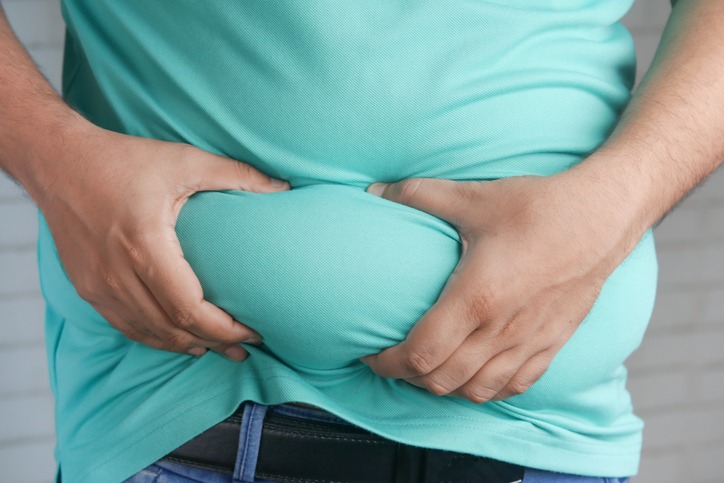If you have ever experienced bloating, you will know how uncomfortable it can be. A feeling of pressure and fullness in your abdomen can be caused by a variety of factors, and identifying the culprit is not always easy. In this post, we’ll take a deeper look at five of the most common causes of bloating and offer some tips for easing the symptoms.
Overeating or Eating Too Quickly
Simply eating too much or eating too quickly is one of the most common causes of bloating and fatigue. When you overeat, your stomach will stretch to accommodate the excess food, leading to an uncomfortable feeling of fullness. Eating too fast can have a similar effect. When eating too quickly, you may also swallow air with your food, which can contribute to bloating.
Digestive Issues
Bloat and fatigue, bloating and weightloss issues or simply feeling bloated a lot can also be a symptom of various digestive issues such as constipation, irritable bowel syndrome (IBS), and other gastrointestinal disorders. These conditions lead to a build-up of gas in the intestines, leading to a feeling of being bloated. You can learn more about how to help with bloating and fatigue by following the link but always speak to your doctor if you suspect you have a digestive issue or excessive bloat and fatigue.
Food Intolerances
Some people are intolerant to certain foods, such as gluten or lactose, which can lead to a range of gastrointestinal symptoms such as bloating. If you suspect that you might have a food intolerance, you may want to try eliminating the suspected food from your diet for a few weeks to see if your symptoms improve. If you’re not sure which foods might be causing the symptoms, it’s worth keeping a food diary. Keeping track of what you eat and drink and how you feel afterwards can make it easier for you to identify the culprit.
Dehydration
When you are dehydrated, you may feel bloated as your body will retain water to prevent any further water loss. This is often more common after exercising or during hot weather when you might be sweating more than usual. To prevent dehydration, make sure that you are drinking enough water throughout the day. Ideally, adults should drink around eight glasses of water per day, but the exact amount you need can vary depending on several factors including your age, weight, and activity level.
Hormonal Changes
Bloating can also be a symptom of hormonal changes, particularly in women, who experience hormonal fluctuations during menstruation or menopause. Hormonal changes can lead to water retention in the body, which can cause bloating. Speak with your doctor if you are experiencing bloating alongside other hormonal symptoms such as changes in your menstrual cycle or mood swings, as they may be able to recommend lifestyle changes or courses of treatment to make managing your symptoms easier.
Bloating can be uncomfortable, but it’s not usually a huge cause for concern. However, if you are experiencing a lot of bloating, it may be a sign of a larger underlying problem. If in doubt, always speak to your doctor.

